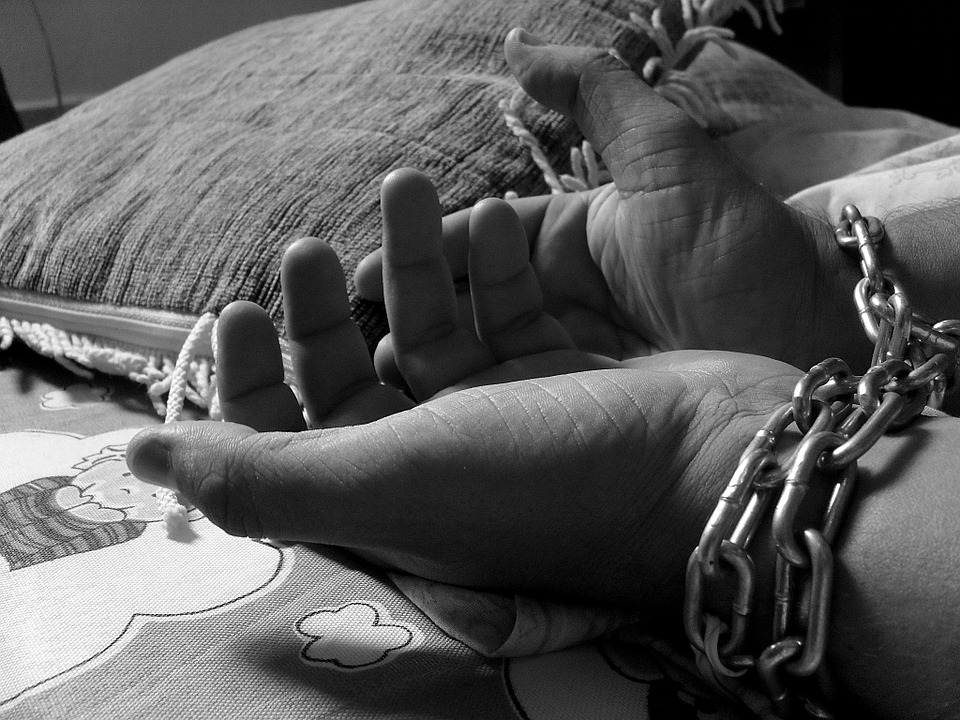Campaigners hope sex trafficking survivors will feel confident amid 'MeToo' movement

- Country:
- India
As India's #Metoo movement gains ground, campaigners hope sex trafficking survivors will feel more empowered to speak out about their experiences, which could raise awareness of the crime and help convict perpetrators.
The movement has spread across India over the past couple of weeks, as women flood social media with stories of their experiences of harassment and sexual violence.
Yet, the voices of those who have experienced some of the worst abuse - trafficking victims - have not been heard, said Sunitha Krishnan, founder of the anti-trafficking charity Prajwala.
"They fear losing respect if they speak about their past. They fear stigma," said Mona Almeida, a trustee with Kshamata, a non-profit that helps rehabilitate survivors.
India has seen high profile women, including Bollywood actresses, speak out, which campaigners say has helped popularise the movement.
Almeida said she hopes trafficking victims will eventually feel empowered enough to share their stories too.
"It may take some time before the movement reaches them," Almeida said. "But when it does, they may think, 'Why should I feel ashamed of what happened if these women are able to talk about it?'"
That could help put more perpetrators behind bars, according to Wesley Menezes, a lawyer who said many cases are weakened by the reluctance of victims to speak out right away.
"They reveal much later what happened with them and that throws up legal complications to revisit the case," he said.
Less than half of the more than 8,000 human trafficking cases reported in 2016 were filed in court by the police, and the conviction rate in those that did go to trial was 28 per cent, according to government data.
Campaigners say negative social attitudes mean that many survivors do not often report their ordeals to authorities.
It takes survivors months or years before they are able to share what they went through, according to Triveni Acharya, founder of the anti-trafficking charity Rescue Foundation.
"We counsel them but they are still unable to speak up in court," said Acharya.
Krishnan of Prajwala said that sex-trafficking survivors who have spoken out have never had the same level of support as women who have joined the #Metoo movement.
"The world does not care for the violations these girls are subjected to," she said.
(With inputs from agencies.)
ALSO READ
Campaigners seek EU-wide ban on forced sterilisation of people with disabilities
AAP announces star campaigners for LS polls in Gujarat, including Kejriwal, Sunita, and Sisodia
BJP top star campaigners in Udhampur proves Union minister Jitendra Singh on weak wicket: Omar
BJP's Udupi candidate receives strong backing from star campaigners
BJD releases star campaigners' list for LS, Assembly polls










